OUR PROGRAM
Structural, sociopolitical, and psychological barriers that leave communities vulnerable to disaster.
Individual and community level factors (e.g., needs, narratives) that should inform prevention and recovery strategies.
Risk perception and communication
Disaster behavior and decision-making
What do we do?
We use diverse methods to understand the psychology behind disaster perceptions, attitudes, and decision-making. To empower communities towards change organizing and the reduction of disaster risk, the team studies how narratives and communication shape understandings of disaster phenomena and build or inhibit trusting relationships between stakeholders. We believe that bi-directional trust between communities and researchers is key to disaster prevention and recovery. Community members’ perspectives are centered and community-centered methodologies are used to gather data first-hand.
Who is our work for?
Currently, our primary focus is to support Floridian citizens and advocates who wish to reduce risk in their communities. We especially aim to incorporate and amplify the perspectives of historically vulnerable Floridians in our work. In the longer-term, we hope that our work can be applied in ways that benefit historically vulnerable communities on a broader geographic scale (via research collaborations or informing policy change).
Our approach to science
Science is political. It is often used to support a status quo that is oppressive and unjust for many people in societies around the world. Some particular perspectives (that serve power) have become hegemonic despite the fact that many viewpoints exist. Our research lab responds to questions through the lens of our principles. We know that answering questions in that way is challenging because dominant scientific systems, institutions and professionals view value-based methodological approaches with skepticism.
Why is the disciplinary mix important?
Interdisciplinary research is both consistently lauded and rare. Though challenging, it’s critical to the success of the project because we each come to the work from different theoretical angles. Additionally, we bring a broadened methodological toolset to enhance conducting and disseminating this work. The group is built on a foundational mix of disaster risk reduction and behavioral social psychology. To effectively study the impact of narratives on individuals and their communities, we need a strong base of psychology theory and methods as well as the contextual knowledge of disaster studies.
Why is it of value?
We study the psychology of disaster risk with a focus on social justice and science communication that builds trust. The DTSC Lab delivers empirical evidence that is built WITH communities from the ground up, connecting to the rich theoretical (and interdisciplinary) traditions of disaster studies, with a distinct flavor of psychological methods of study.
How we work with communities
We work with communities by building genuine relationships with individuals and groups, and showing up to support the work they are already doing. We believe that communities unfairly affected by burdens of risk should pursue their own objectives rather than our lab deciding those objectives for them. We also challenge the way science is gatekept by centering the community throughout the research process.
OUR TEAM
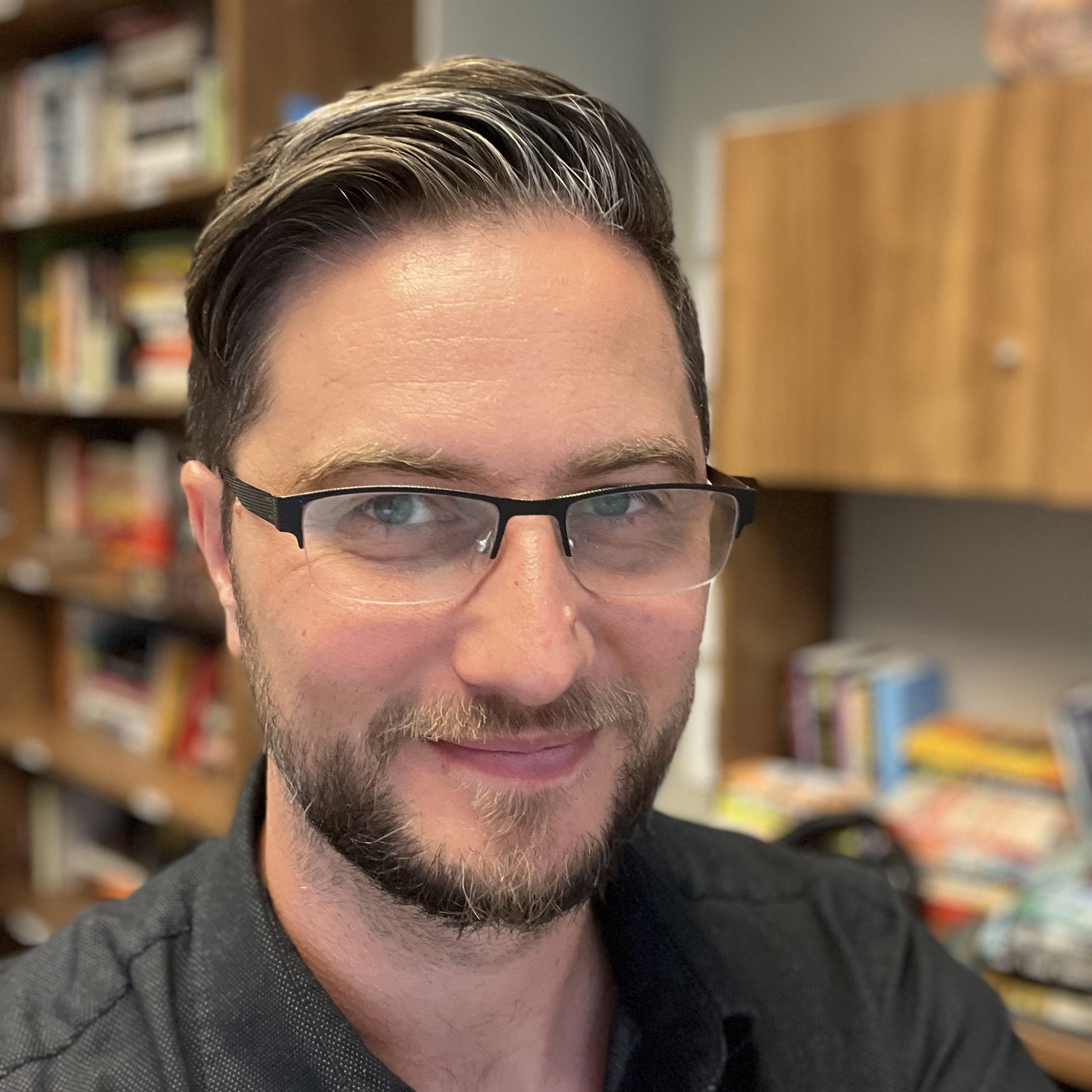
Jason von Meding
I have a background in architecture/shelter/project management but have also hold diverse research experience in disaster studies. My work with affected communities has led me to understand the power of narratives, language and framing. I can connect the group effort with the wider context of disaster studies, a truly interdisciplinary field.
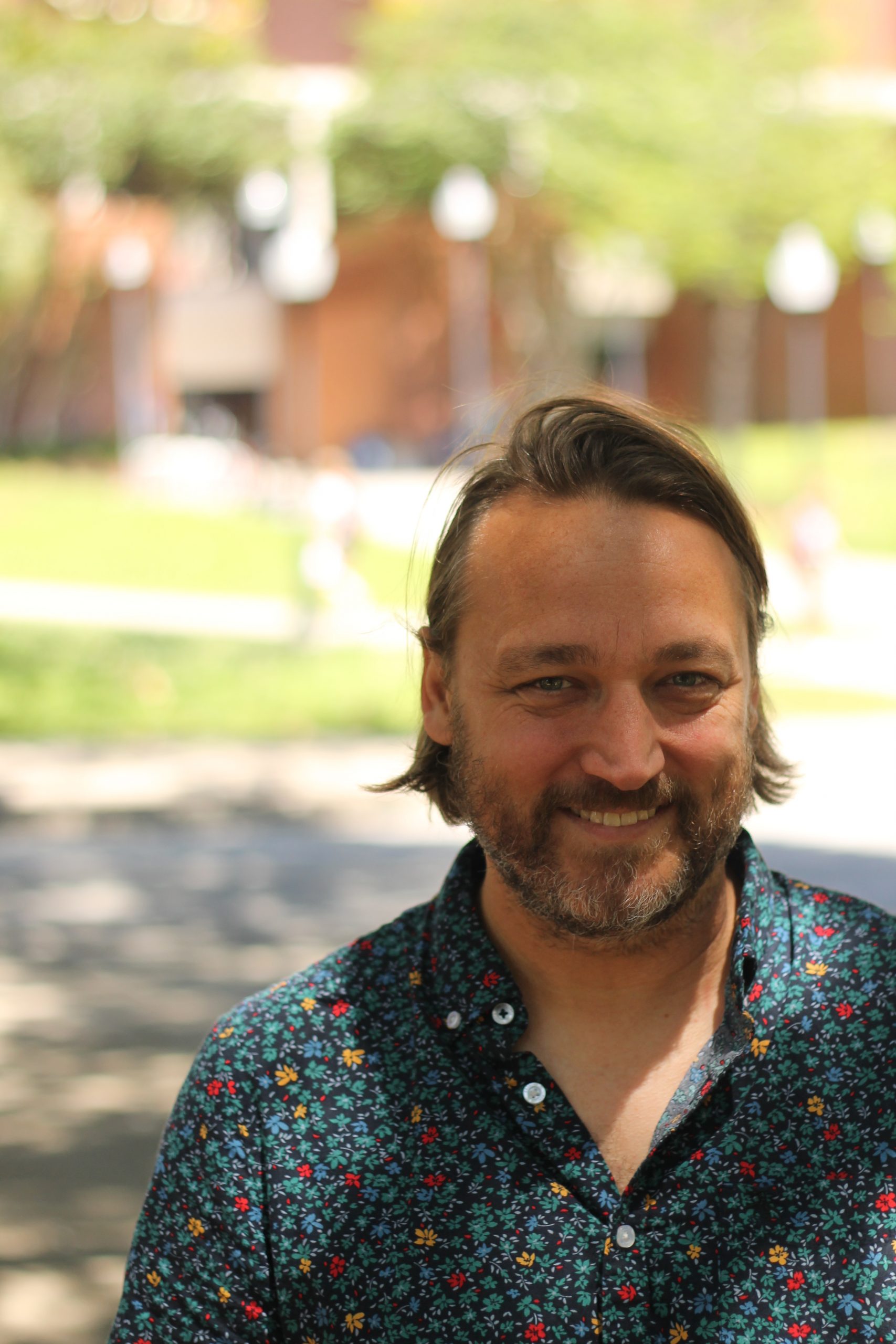
Colin Tucker Smith
I am a Social Psychologist who defines myself as an “attitudes researcher” – I specialize in the measures used in implicit social cognition (e.g., Implicit Association Test). I understand the social psychology view on persuasion (in terms of attitude change) well. I also study attitude formation and change in the political psychology domain.
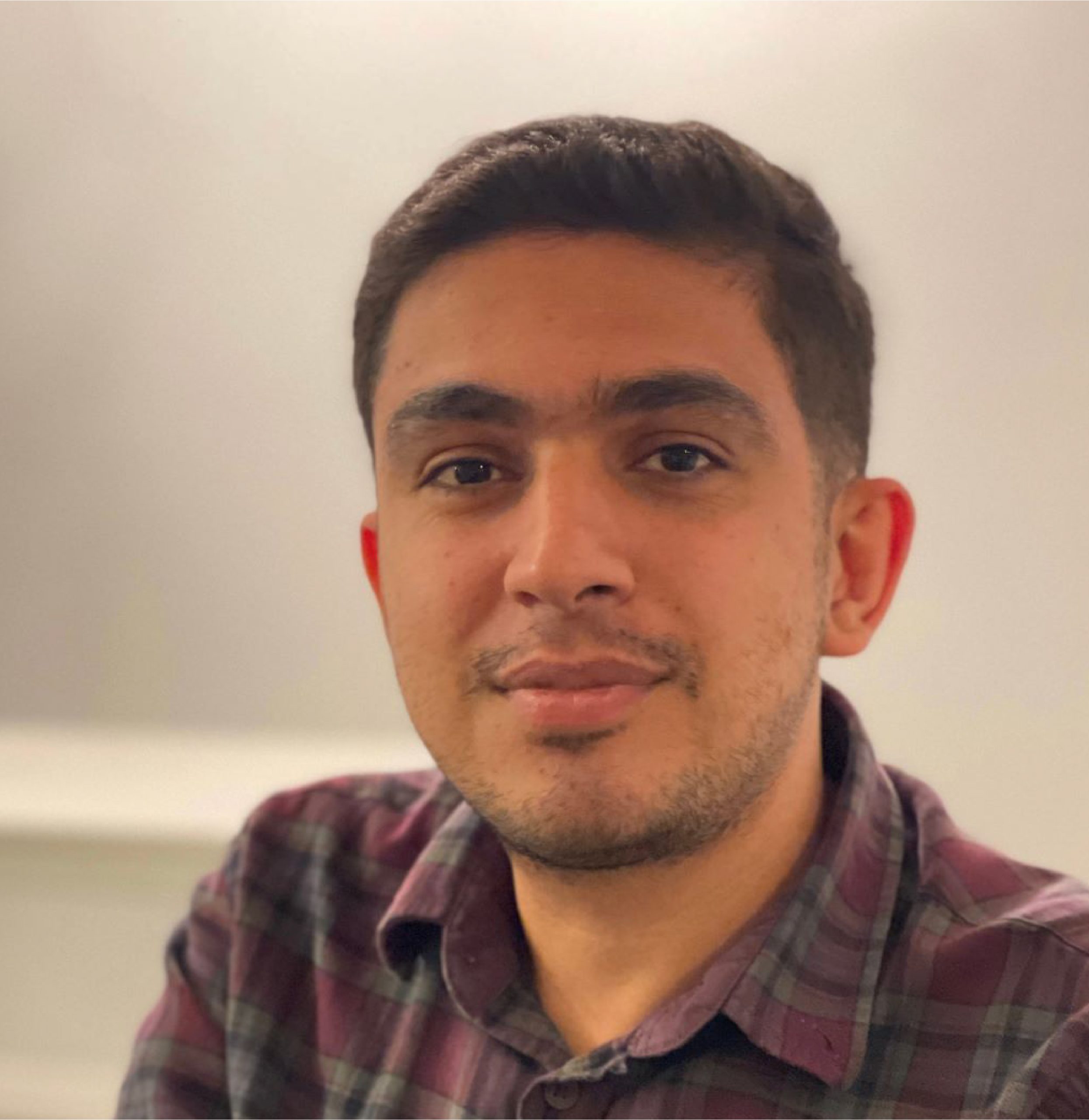
Goshtasb Shahriari Mehr
I am a Ph.D. student and research assistant at the Florida Institute for Built Environment Resilience (FIBER)specializing in urban food systems, with a focus on enhancing food accessibility and equity in underserved communities. My research applies deep learning techniques to explore the optimization of food delivery systems in urban areas. I am interested in the intersection of urban planning, technological innovation, and social equity, aiming to develop resilient and inclusive systems that address food security challenges in vulnerable populations.
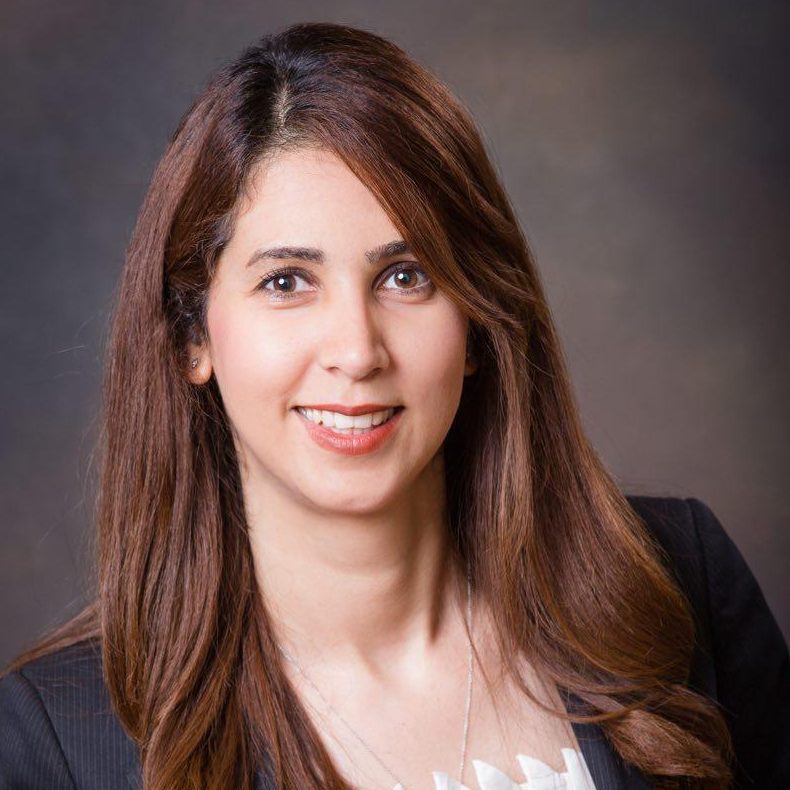
Haleh Mehdipour
My Ph.D. research aims to integrate the principles of community-designed spatial justice into the infrastructure planning and building process. One of my primary focus areas is gaining a deep understanding of the philosophical foundations of community engagement theories since it will empower marginalized communities by involving them in the decision-making process when it comes to any proposed changes to places.
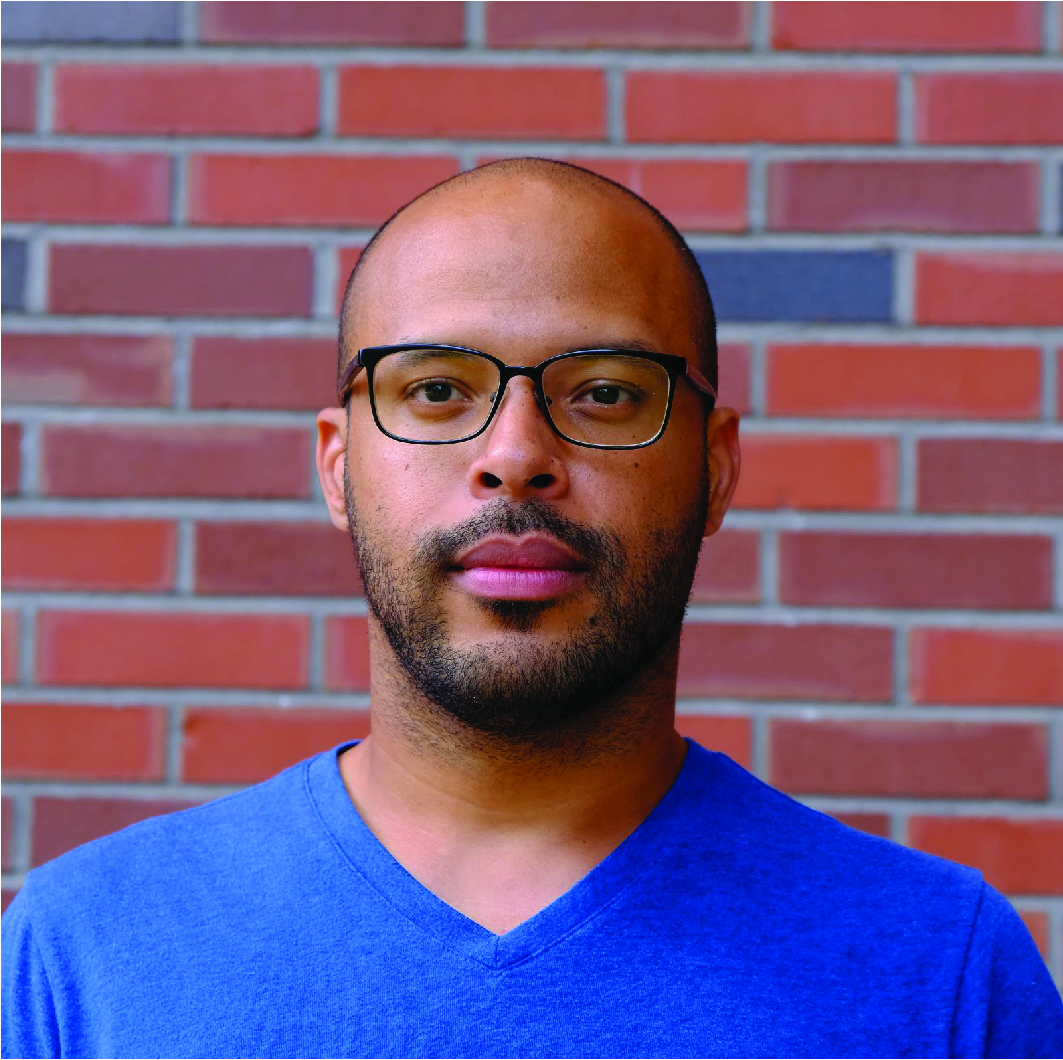
Christopher Williams
As a hazards geography Ph.D. student, I study storms, climate, and how to reduce disaster risk. I appreciate how the DTSC lab provides an opportunity to focus on storytelling and community engagement while building transformative relationships. Previously, I worked with Dr. von Meding on my thesis, for which he offered valuable committee member guidance and perspective. We used mixed-methods research to explore survey responses and emergency management interviews, which helped us better understand tornado sheltering before and during the Covid-19 pandemic.
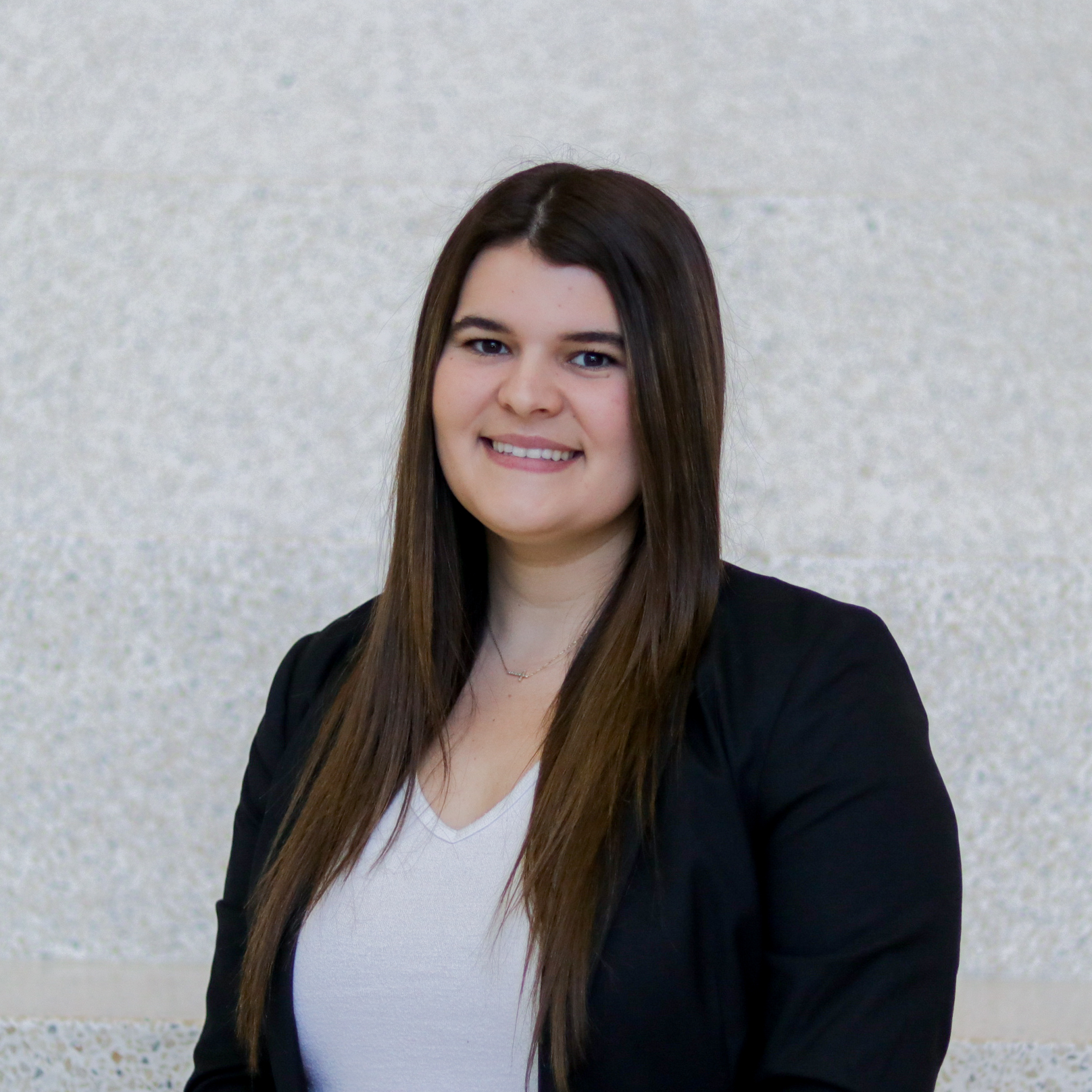
Jazlyn Yarbrough
My name is Jazlyn Yarbrough, and I am a graduate student at the M.E. Rinker, Sr. School of Construction Management, pursuing a Master’s degree in Construction Management. I earned my Bachelor of Science in Sustainability and the Built Environment at the University of Florida. I am deeply passionate about environmental sustainability, resilience, and protection. I am thrilled to contribute to the team’s interdisciplinary efforts and to further my commitment to fostering sustainable changes in how we build and shape our communities.
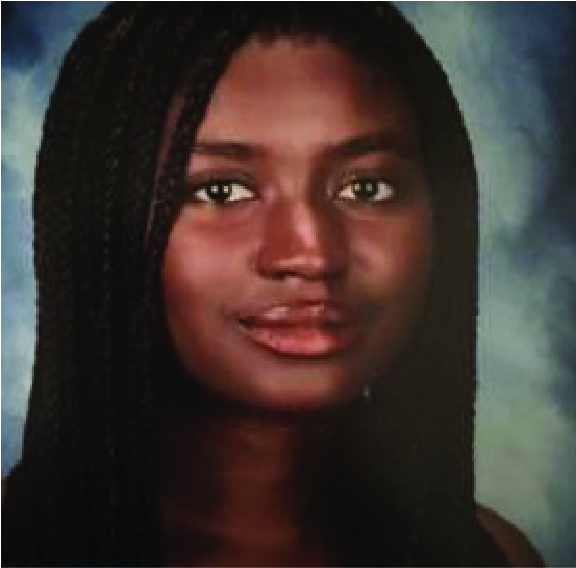
Zhane Loiseau
Hello, my name is Zhane Loiseau. I am currently a freshman studying civil engineering. I am very interested in how inequality affects access to sustainable and safe housing. Living in Florida has shown me how lack of adequate housing can be detrimental with the factors of climate change and natural disasters. I am very excited to work with the DTSC lab and to gain more research experience.
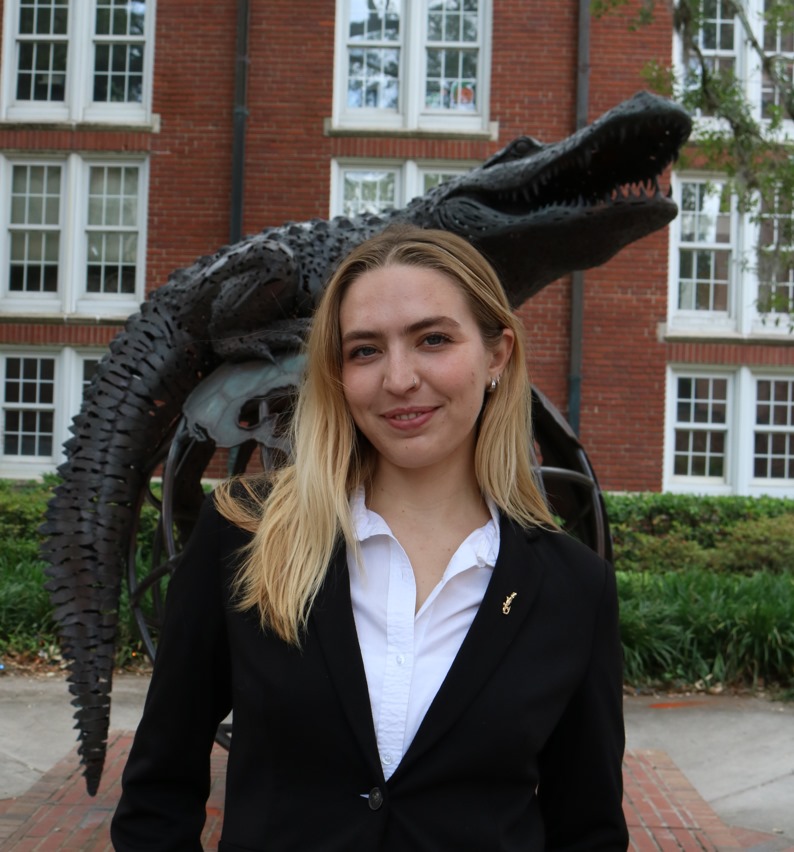
Amaya Borroto
I am a second-year student studying Political Science and Sustainability and the Built Environment here at UF. Born and raised in Miami, Florida, I have seen the profound impacts of climate change on my community all my life. Passionate about community outreach and social change, I am thrilled to join the DTSC team and their work across the state.
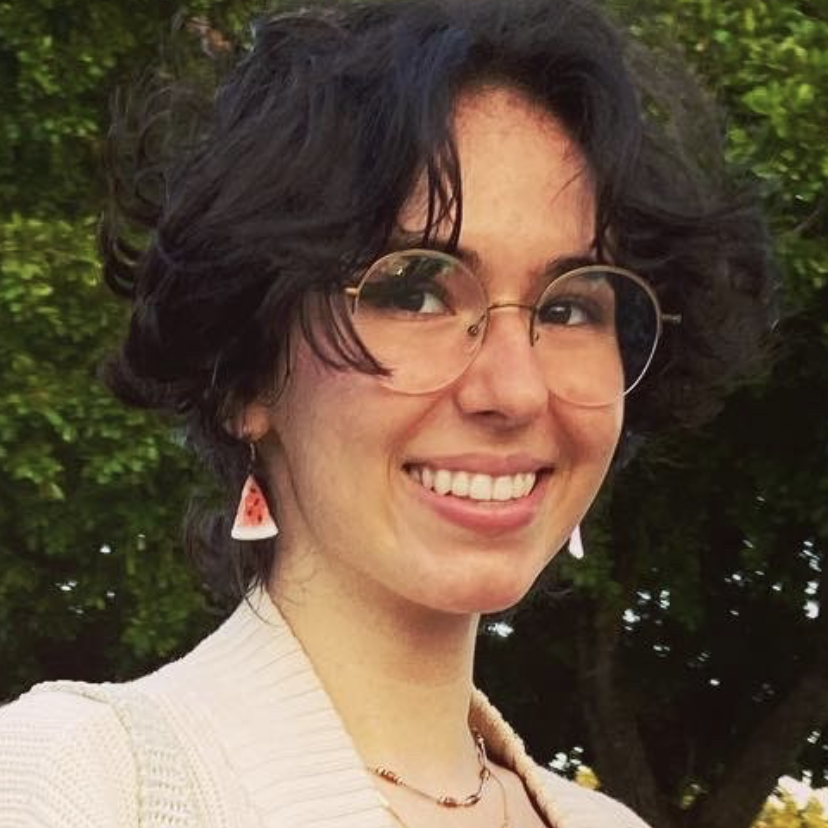
Carmen Sheils
Hello, I’m Carmen Sheils, a first-year student passionate about the environment. My journey into environmental science beganwhen I realized the critical role sustainability plays in addressing global challenges. As a Biological Engineering student, I’ve chosen to specialize in sustainability and agriculture because these fields hold the keys to a more sustainable future. I am genuinely overjoyed to be a part of the dynamic team at the DTSC Lab, where I can collaborate with like-minded individuals who share my enthusiasm for making a positive impact on our world. Together, I hope to leverage our skills and knowledge to drive forward solutions that address pressing environmental and social challenges.
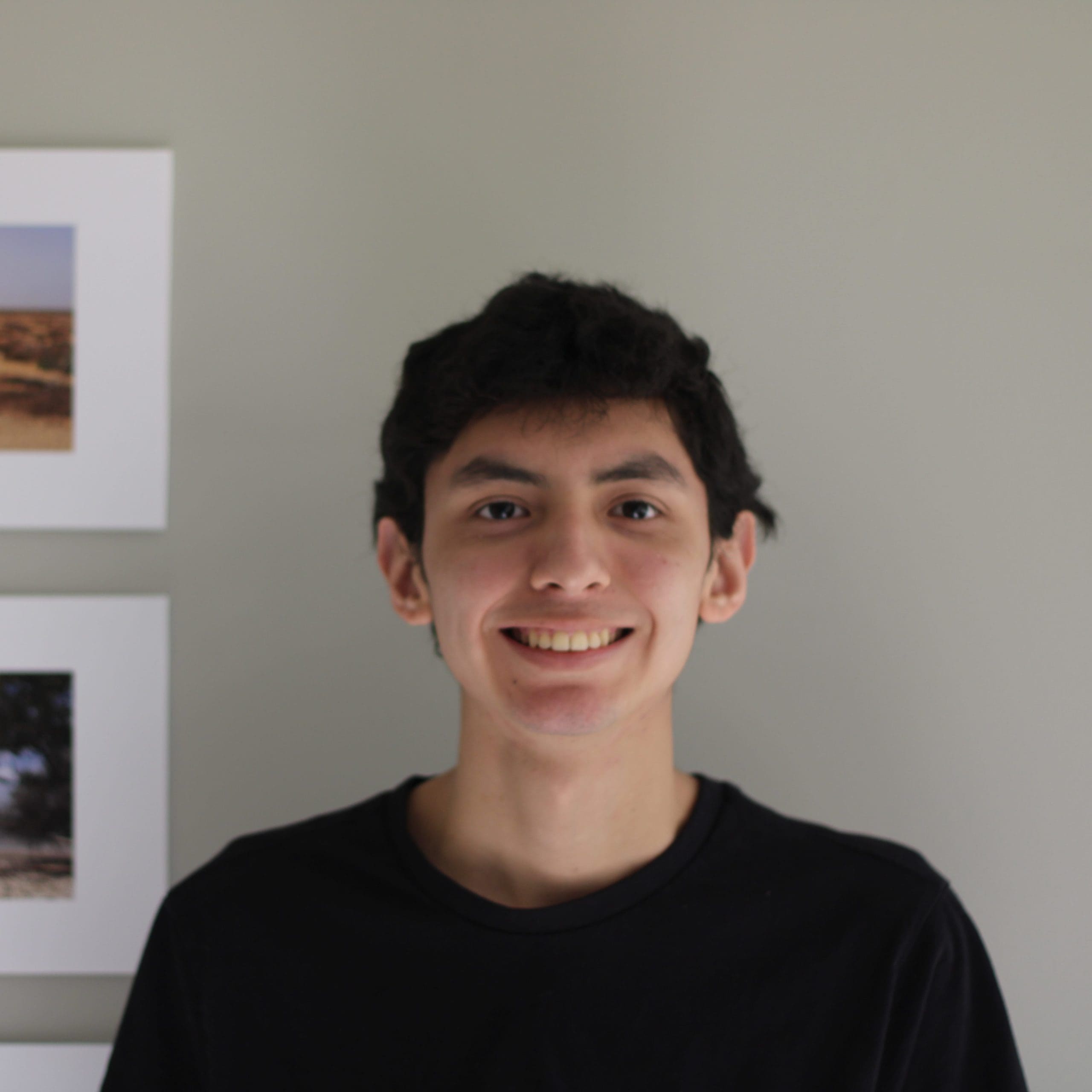
Cory Mendoza-Jauregui
Hello, my name is Cory Mendoza. I am currently a freshman studying electrical engineering. My whole life I have lived in Marco Island, Florida. Since it is such a close knit community with a lot of freedom and security. I was spared from many of the problems that some people have to go through. I wanted to join the lab because it was important to me to be able to help the at risk communities and try to bring about change in any way. I hope that they can live in a world where success and meaning is accessible to them.
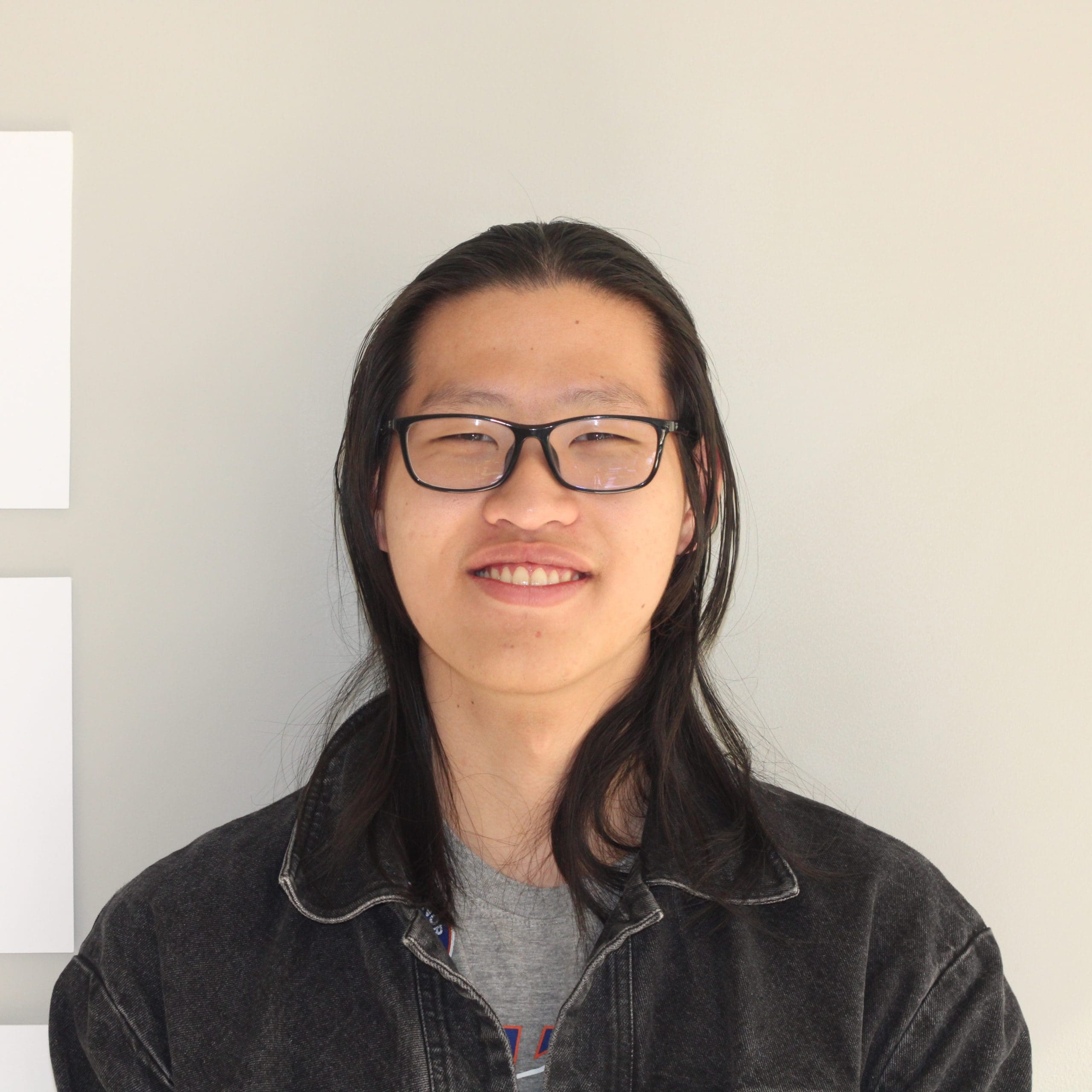
Jiayi Zhu
Hello, I’m Jiayi Zhu, and you can also call me Andrew. I’m a freshman majoring in economics. I’m super interested in social science study and philosophy. It’s a really great opportunity for me to join the team! I’m good at teamwork and looking forward to learn research experience, as well as hope I can put some effort to make our community, society, and whole world to be a better place, and people can get a more equal environment to chase their dream!
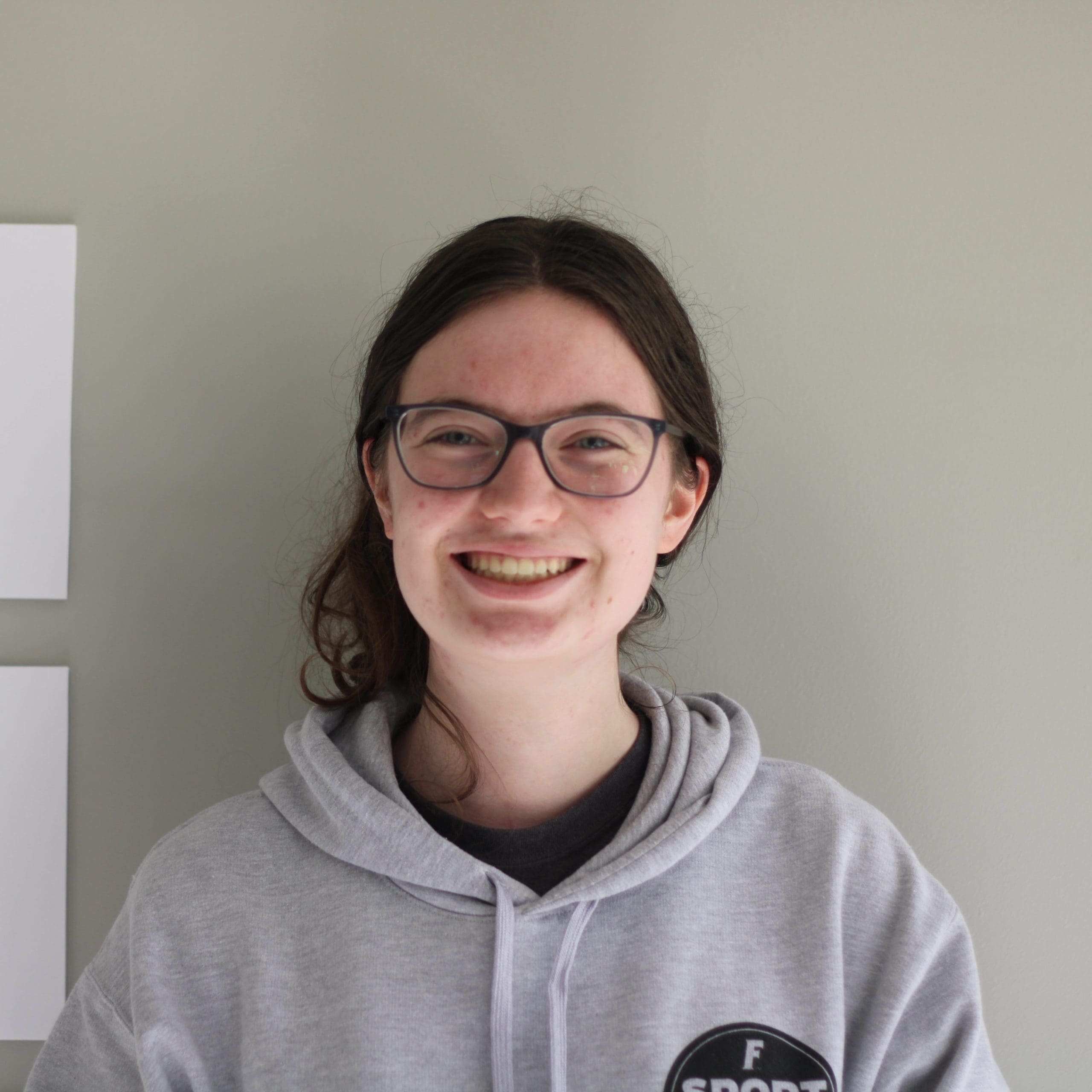
Marina McKinstry
I am a Freshman in Environmental Science. Growing up on Florida’s coast has given me great insight into the present and future problems associated with climate change, especially in urban development. I hope to enter environmental policy and work to fight climate change on a cultural and social level. I want to work towards an environmentally sustainable future in all walks of life.
Previous Lab Members
- Hana Checketts
- Aidan Bryant
- Ava Vellines
- Victoria Colvin
- Amar Hamad Issa Abukhalaf
- Marjorie Prokosch
- Collin Bowie
- Andrew B. Landsaw
- Rory A. Angelus
- Vishnu Malhotra
- Isabel J. Pych
- Cory Gann
- Leonora P. Fallon
PUBLICATIONS
2023
Von Meding, J., Brisotto, C., Mehdipour, H. and Lasch, C. 2023. Disasters “Through the looking glass”, Disaster Prevention and Management, Vol. ahead-of-print No. ahead-of-print. https://doi.org/10.1108/DPM-06-2023-0134
2021
Asad, R., Ahmed, I., Vaughan, J., and von Meding, J. (2021), Traditional Water Knowledge: Challenges and Opportunities to Build Resilience to Urban Floods, International Journal of Disaster Resilience in the Built Environment
Thai Pham, B., Luu, C., Van Phong, T., Phan Trong Trinh, Shirzadi, A., Renoud S., Asadi, S., Van Le, H., von Meding, J., Clague, J.C. (2021), Can deep learning algorithms outperform benchmark machine learning algorithms in flood susceptibility modeling?, Journal of Hydrology, 592, pp. 125615
Forino, G., von Meding, J. (2021) Climate change adaptation across businesses in Australia: interpretations, implementations, and interactions. Environ Dev Sustain. https://doi.org/10.1007/s10668-021-01468-z
Abukhalaf, A. H. I., & von Meding, J. (2021). Psycholinguistics and emergency communication: A qualitative descriptive study. International Journal of Disaster Risk Reduction, 55, 102061. doi:https://doi.org/10.1016/j.ijdrr.2021.102061
2020
Cooper, V., Forino, G, Kanjanabootra, S. and von Meding, J. (2020),Leveraging the Community of Inquiry Framework to Support Inclusive Education in Web-based Simulations, The Internet and Higher Education, 47, pp. 100757
Thai Pham, B., Luu, C., Duy Nguyen, H., Prakash, I., von Meding, J., Van Hiep, L., Van Phong, T. (2020), Flood risk assessment using deep learning integrated with multi-criteria decision analysis, Knowledge-based Systems, 219, pp. 106899
Ajulo, O.M., von Meding, J. and Tang, P. (2020), Relocalisation for degrowth and disaster risk reduction, Disaster Prevention and Management, 29(6), pp. 877-891
Tasantab, J.C., Gajendran, T., von Meding, J. and Maund, K. (2020), Perceptions and deeply held beliefs about responsibility for flood risk adaptation in Accra Ghana, International Journal of Disaster Resilience in the Built Environment, 11(5), pp. 631-644
Ajulo, O.M., von Meding, J. and Tang, P. (2020), Upending the status quo through transformative adaptation: A systematic literature review, Progress in Disaster Science, 6, pp. 100103
von Meding, J., Chmutina, K., Forino, G. and Raju, E. (2020), Introduction to the special issue on disrupting the status quo, Disaster Prevention and Management, 29(6), pp. 829-830
Chmutina, K., Sadler, N., von Meding, J. and Abukhalaf, A.H.I. (2020), “Lost (and found?) in translation: key terminology in disaster studies”, Disaster Prevention and Management, Vol. 30 No. 2, pp. 149-162. https://doi.org/10.1108/DPM-07-2020-0232
Abukhalaf, A. H. I., & von Meding, J. (2020). Communication challenges in campus emergency planning: The case of hurricane Dorian in Florida. Natural Hazards (Dordrecht), 104(2), 1535. doi:10.1007/s11069-020-04231-1
2019
Chmutina, K. and von Meding, J. (2019), “Natural disasters” in academic literature, International Journal of Disaster Risk Science, 10(3), pp 283-292
Woldemariam, S., Maguire, A. and von Meding, J. (2019), Forced Human Displacement, the Third World, and International Law: A TWAIL Perspective, Melbourne Journal of International Law, 20(1)
Luu, C, Von Meding, J, Mojtahedi, M (2019), Vietnam’s national disaster loss database for flood risk assessment using multiple linear regression-TOPSIS, International Journal of Disaster Risk Reduction, 40
Forino, G., von Meding, J. and Brewer, G. (2019), Community based initiatives to mainstream climate change adaptation into disaster risk reduction: evidence from the Hunter Valley (Australia), Local Environment, 24:52-67
Pal, I., von Meding, J., Shresta, S., Ahmed, I. and Gajendran, T. (Eds.) (2019), An Interdisciplinary Approach for Disaster Resilience and Sustainability, Springer International Publishing AG, part of Springer Nature
Salami RO, Von Meding J, Giggins, H. (2019), The urban political ecology of flood vulnerability in the core area of Ibadan Metropolis, Nigeria. In “Natural Hazards and Disaster Risk Reduction Policies”, Loredana Antronico, Fausto Marincioni (Eds.). Il Sileno Edizioni, Italy.
Ajulo, D., Von Meding, J. and Tang, P. (2019), A conceptual framework for understanding transformation: transformative adaptation of refugees in Nakivale refugee settlement. In “Resettlement challenges for displaced populations and refugees”, Asgary, A. (Eds.). Springer International Publishing AG, part of Springer Nature. Sustainable Development Goals Series.
Johnson, T., Von Meding, J., Gajendran, T and Forino, G. (2019), Disaster vulnerability of displaced people in Rakhine State, Myanmar. In “Resettlement challenges for displaced populations and refugees”, Asgary, A. (Eds.). Springer International Publishing AG, part of Springer Nature. Sustainable Development Goals Series.
Chmutina, K., von Meding, J. and Bosher, L. (2019), Language matters: dangers of the “natural disaster” misnomer, UN Global Assessment Report on Disaster Risk Reduction (GAR), technical paper
Von Meding, J. De Freitas Junior, S. and Irigaray, M. (2019), No disaster is natural, OpenDemocracy – Transformations, February 5, 2019